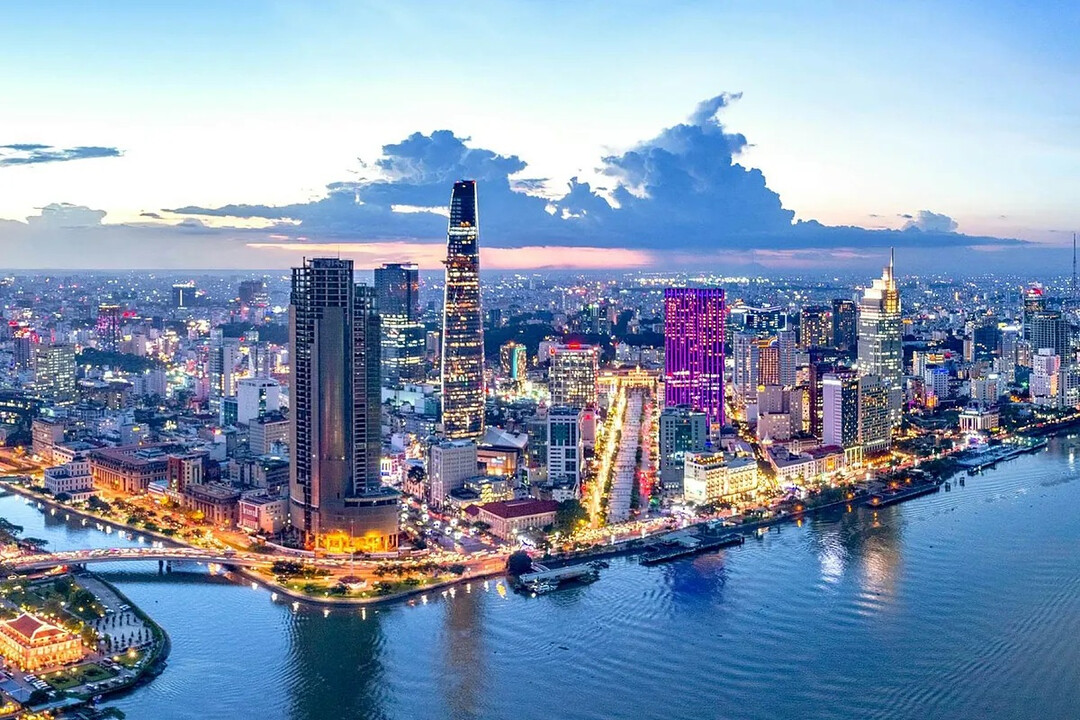
HANOI – Vietnam is considering a flexible strategy for developing its financial centers, rather than making a rigid choice between a specialized regional hub and a comprehensive international one. This approach aims to maximize opportunities for growth and attract investment, according to Ho Quoc Tuan, a finance and accounting professor at the University of Bristol.
In an interview with the Vietnam News Agency (VNA), Professor Tuan discussed the potential of Ho Chi Minh City and Da Nang to become significant financial players. He emphasized the distinction between "regional specialized" centers and "international comprehensive" centers, noting that Ho Chi Minh City currently falls into the former category.
"A specialized approach can position Vietnam as a niche player in ASEAN, focusing on select services," Professor Tuan explained, citing examples like Tel Aviv and Bombay. "Alternatively, a diversified model could allow Vietnam to start locally and gradually expand to compete with major global financial centers."
He highlighted the success of Dubai's specialized model in financial technology, suggesting that Vietnam could adopt a similar strategy to boost its own fintech sector, particularly in areas like machine learning and digital assets.
Professor Tuan also stressed the importance of avoiding excessive competition between Ho Chi Minh City and Da Nang, urging them to identify distinct areas of specialization.
Furthermore, he underscored the critical role of human capital in the success of any financial center. According to the Global Financial Centers Index (GFCI), other key factors include the business climate, infrastructure, financial market development, and reputation.
This discussion comes as Vietnam seeks to enhance its financial capabilities and attract greater foreign investment. The ongoing visit of Deputy Prime Minister Nguyen Hoa Binh to the United Kingdom, from March 16 to 20, aims to further promote cooperation between the two countries in developing international financial centers.
[Copyright (c) Global Economic Times. All Rights Reserved.]






























